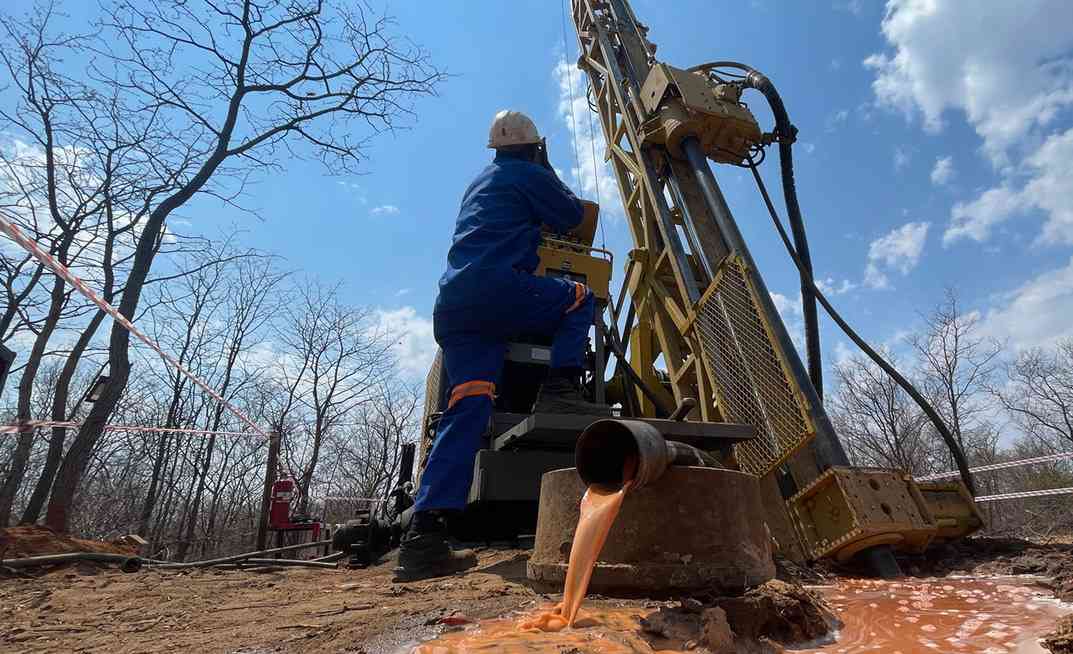
Supreme Court judges of appeal have ordered bus supplier, Jayesh Shah, to pay former Zupco board chairperson Charles Nherera US$130 000 for causing his unjust arrest and detention.
The bench, comprising Justices Elizabeth Gwaunza, Antonia Guvava and Felistas Chatukuta, dismissed Shah’s appeal after he had lost a High Court suit to Nherera.
According to court papers, Nherera was the Zimbabwe United Passenger Company (Zupco) board chairperson.
Nherera was also a member of the Zimbabwe School Examinations Council and the Parastatals Advisory Council, while also holding various positions in other local and regional organisations.
The court heard that in November 2011, Nherera issued summons against Shah claiming damages in the sum of US$100 000 for malicious prosecution and US$300 000 for malicious arrest and detention, interest thereon at the rate of 5% per annum and costs of suit.
He argued that Shah made allegations that he had, in his capacity as Zupco chairperson, solicited for a bribe of US$5 000 per bus supplied from Gift Investments (Pvt) Ltd to facilitate the purchase of 17 buses from the company.
The company had previously sold some buses to the public transporter and 17 buses painted in Zupco corporate colours remained in the company’s stock.
Nherera said Zupco had not placed an order for the buses, further contending that Shah made allegations to various high-ranking government officials and institutions, leading to his arrest and detention on charges of corruption in 2005.
- Zimsec, teachers clash over Cala allowances
- Letters:Only an engineer can save Zimbabwe from her problems
- 2022 Grade 7 Results Out
- Girls outshine boys at Grade 7
Keep Reading
He was dragged to the magistrates’ court and found guilty before being sentenced to three years’ imprisonment, of which one year was suspended for a period of five years on condition of good behaviour.
Nherera filed an appeal at the High Court challenging both conviction and sentence and in November 2009, the High Court quashed the conviction and set aside the sentence.
He had, however, served the effective sentence of two years.
The claim for damages was then instituted soon after.
Nherera said he was deprived of liberty and lost his positions as the vice-chancellor at Chinhoyi University of Technology where he was vice-chancellor, including other positions.
Shah, in his opposing papers, admitted having made the report to the police, but denied having done so maliciously.
He argued that he only informed the police that Nherera had solicited for a bribe from him and the information was true.
Shah also maintained that the decision to arrest him was made by the police.
He also denied causing Nherera’s prosecution, arguing that the decision to prosecute him was made by the Attorney-General in the exercise of his constitutional mandate.
Shah further argued that the decision to imprison Nherera was made by the trial magistrate after due consideration of the evidence placed before her during trial.
The High Court found that the arrest, prosecution and determination were actuated by malice.
However, on the claim for damages, the High Court found that Shah’s liability had been proven and the requirements for delictual damages satisfied.
The court held that Nherera suffered humiliation, ill-treatment in prison and lost his employment due to the arrest, prosecution and imprisonment.
The court, however, found that Nherera had not led evidence on how the sums of US$100 000 for malicious prosecution and US$300 000 for malicious arrest and detention were arrived at.
It held that the claim for US$100 000 for malicious prosecution was extremely excessive and, in its stead, awarded him US$30 000.
The court also found the claim of US$300 000 for malicious arrest and detention to be excessive and awarded the respondent US$100 000 instead.










